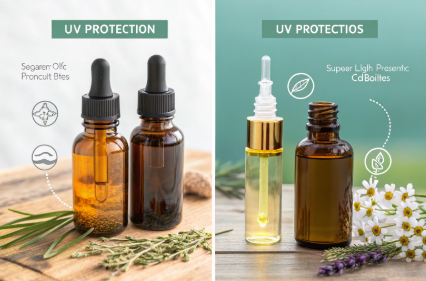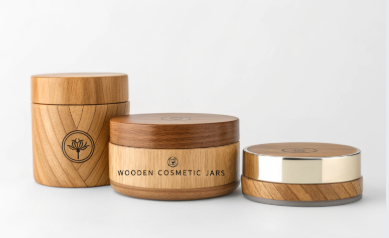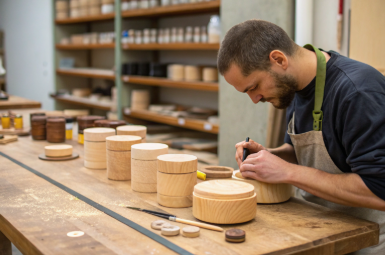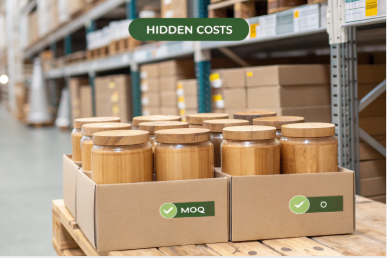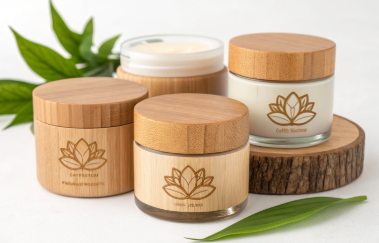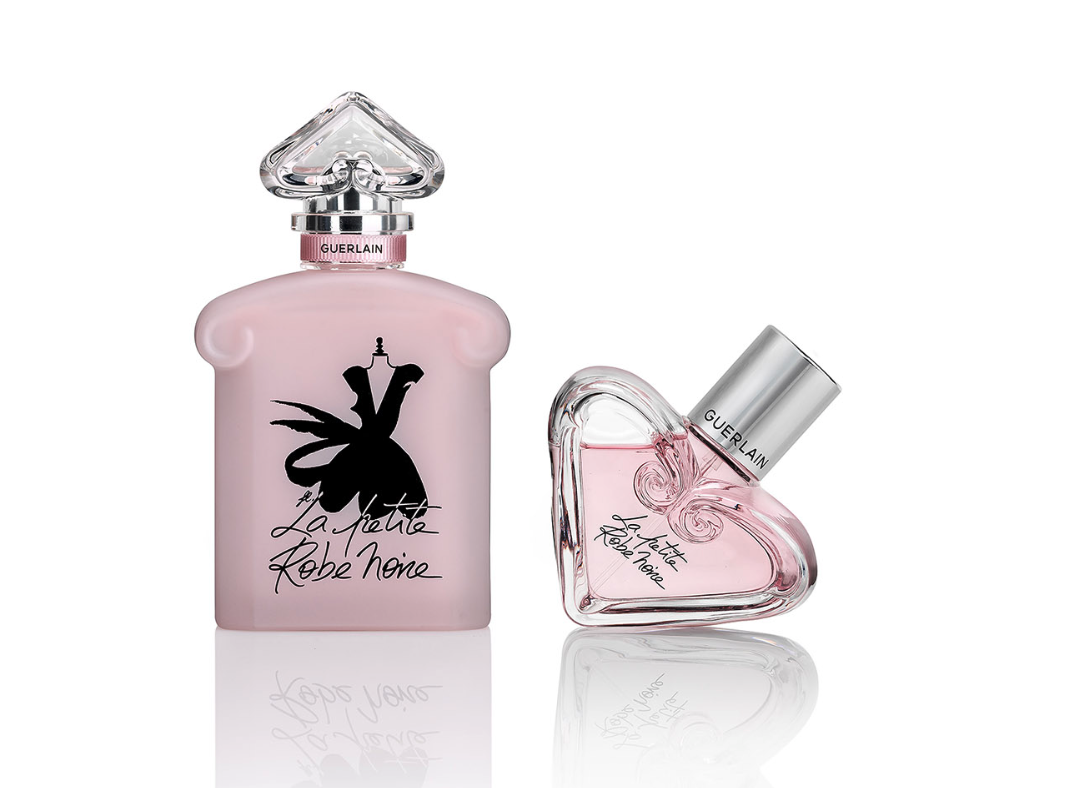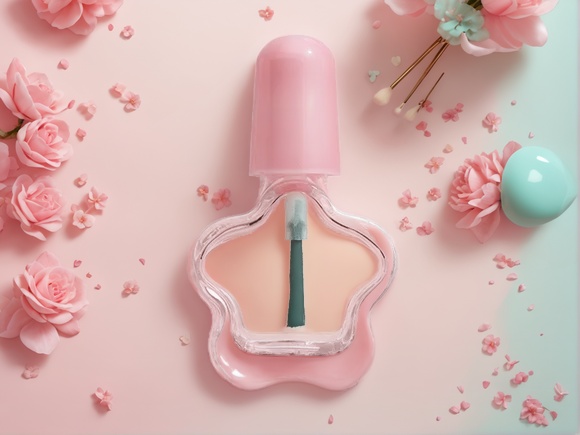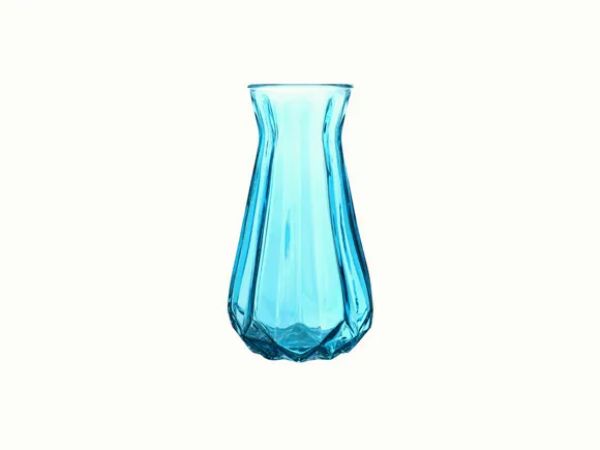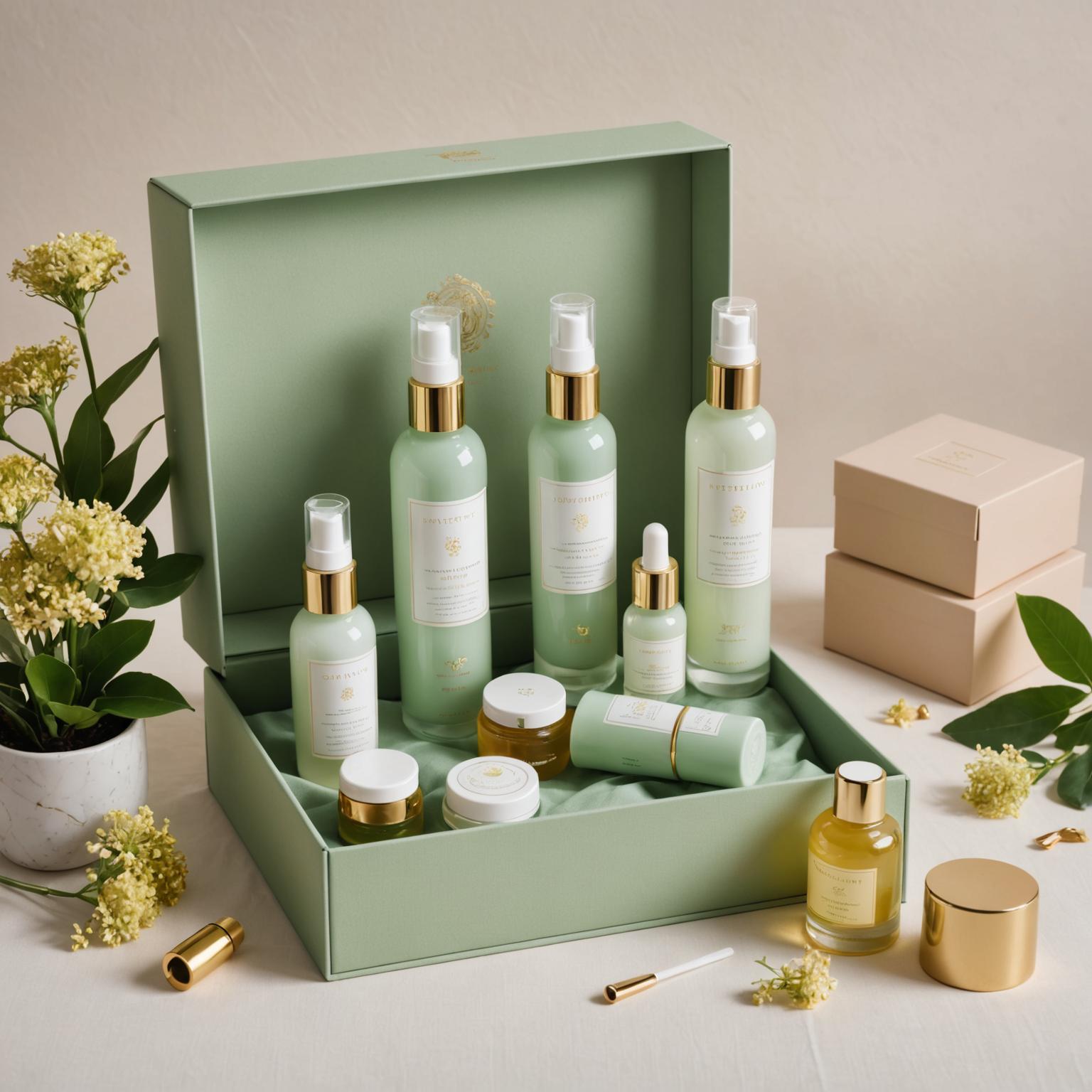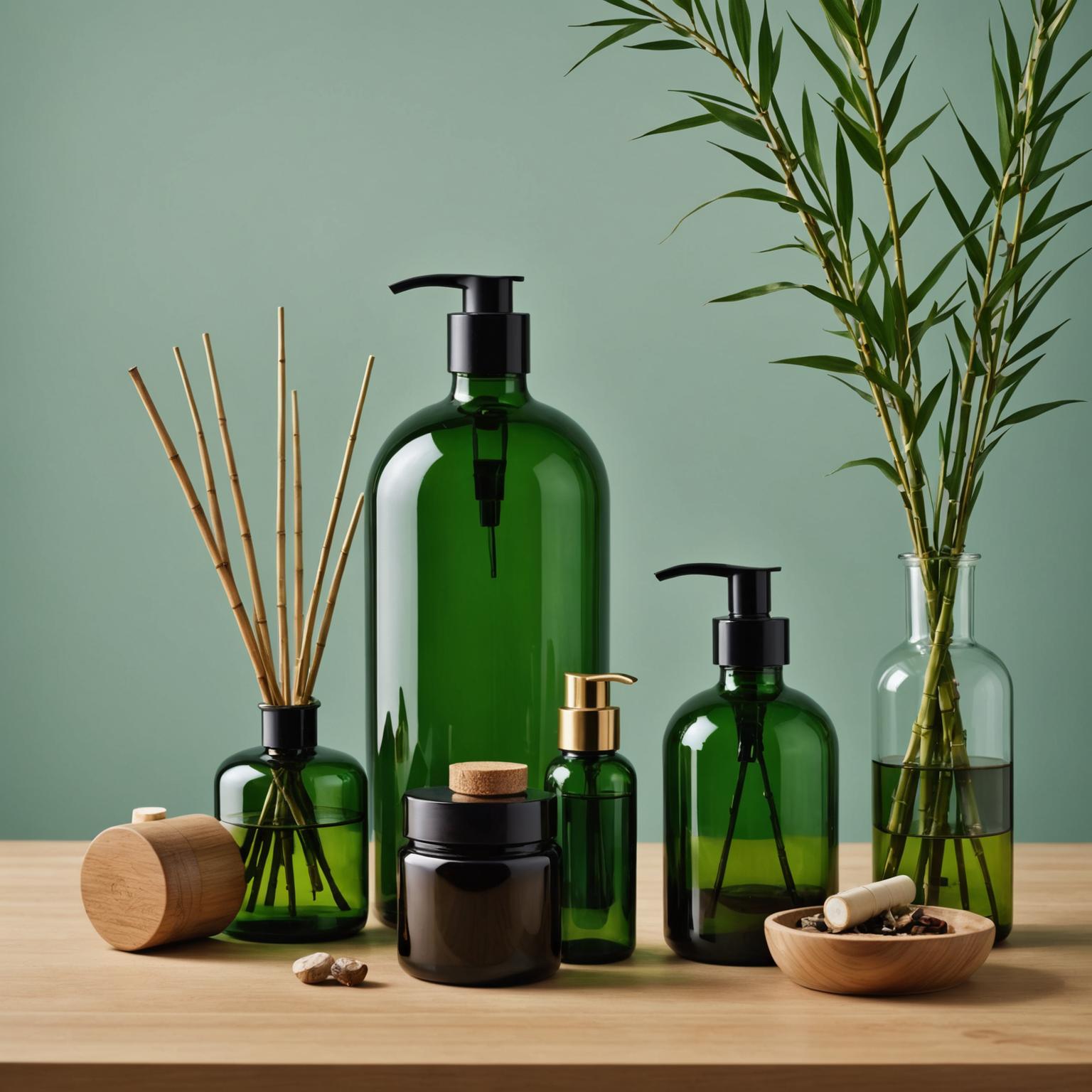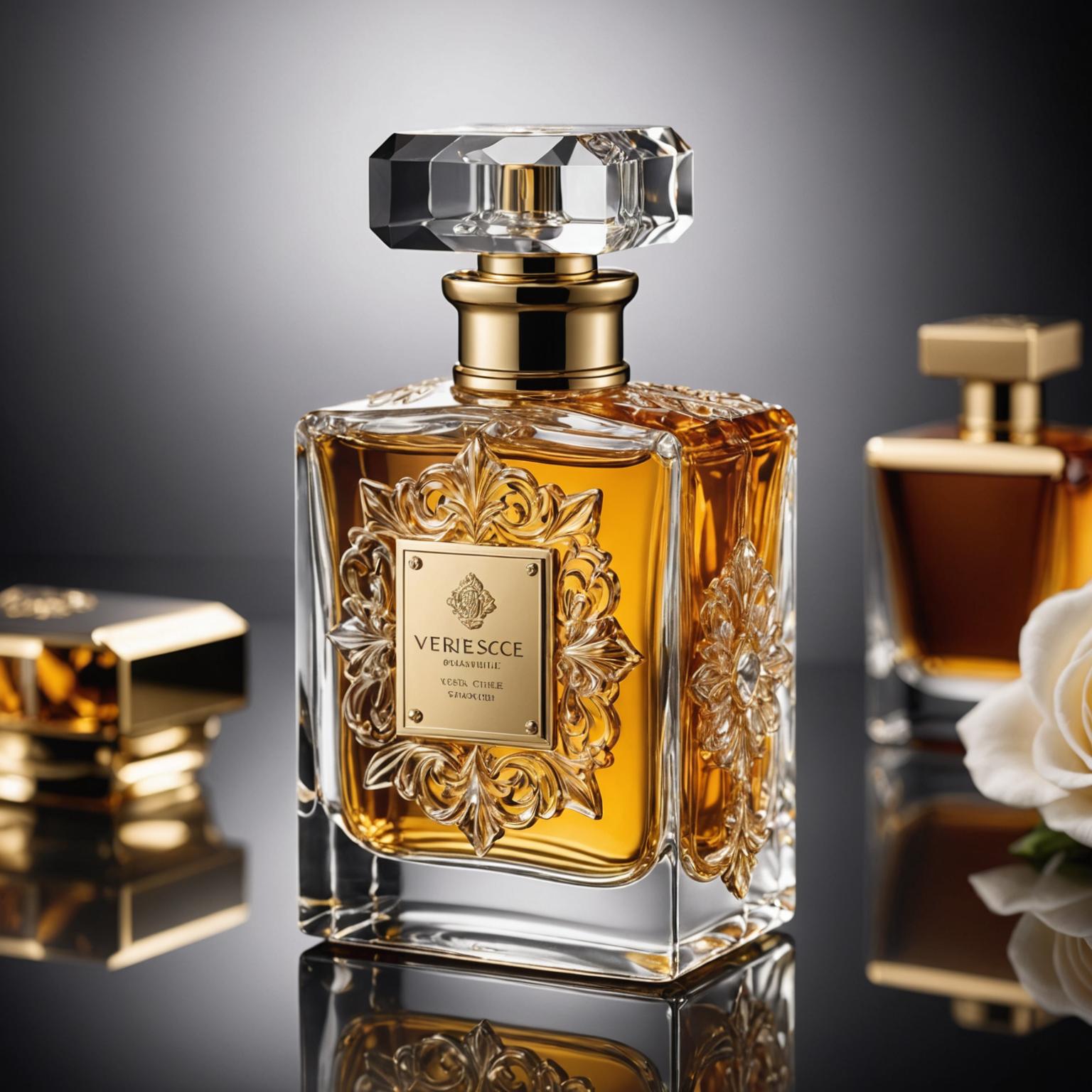Custom wooden jar orders often come with a pricing dilemma—small batches are flexible, but the unit cost can be surprisingly high.
Handmade wooden jars are significantly more expensive in small batches due to setup, labor intensity, and material waste, while mass production drastically lowers unit costs through scale efficiencies.
Understanding this price gap is key for beauty brands, wellness startups, and gift box makers trying to optimize their packaging investment without sacrificing quality or customization.
Why Do Handmade Wooden Jars Cost More in Small Batches?
Small quantities sound budget-friendly, but for handmade wooden jars, they come with hidden costs.
Small batch production involves the same setup costs and manual labor as larger runs, resulting in higher unit prices and longer production cycles.
Labor and Setup Are Fixed Costs
Unlike plastic molds or printed stickers, handmade wooden jars require woodworking, sanding, finishing, and even manual inspection. Whether you're ordering 100 or 10,000 units, the artisan must:
-
Calibrate cutting tools
-
Prepare surface treatments (varnish, wax, laser engraving)
-
Test sealing and fitting for each lid
All these processes are labor-intensive and require time, regardless of order size.
Waste Management and Material Yield
In small-batch runs, material optimization is low. Offcuts or slightly defective pieces can't be recycled efficiently, increasing the effective cost per jar. There's also more frequent tool downtime, leading to productivity loss.
Limited Automation
Most wooden jar factories use semi-automatic machinery for mass runs. For small batches, it’s often hand-operated. That’s part of the charm—but also part of the cost.
How Does Mass Production Impact Unit Pricing and Lead Time?
Bigger orders don’t just save money—they transform how production is planned and executed.
Mass production of wooden jars lowers per-unit costs by spreading fixed expenses, improving material utilization, and enabling batch finishing processes.
Economies of Scale in Action
Let’s compare basic pricing models:
| Order Quantity | Unit Price (Estimated) | Total Setup Cost | Lead Time |
|---|---|---|---|
| 100 pcs | $3.50 | $200 | 14–20 days |
| 1,000 pcs | $1.80 | $250 | 18–25 days |
| 10,000 pcs | $0.90 | $300 | 30–40 days |
The more you order, the more your fixed costs get amortized across units. Tooling, sanding, and QC steps can also be streamlined in batches.
Faster, Not Just Cheaper
With large-scale runs, manufacturers like PauPack can preload raw materials, plan bulk finishing (e.g. batch waxing, simultaneous engraving), and schedule packaging ahead of time. This leads to:
-
Shorter production cycles
-
Fewer delays from setup changes
-
More reliable inventory forecasts
At PauPack, we operate over 20 automated production lines and a global warehouse system to support both MOQ flexibility and fast delivery at scale.
What Are the Hidden Costs in Small-Batch Wooden Jar Orders?
Small MOQs are attractive—but they can hide costs that don’t show up on the invoice.
Beyond the unit price, small batches of wooden jars often incur hidden expenses such as higher shipping rates, sample iteration fees, and inconsistent quality risks.
Shipping and Freight
Many new brands forget that small orders often don’t qualify for bulk freight or container load discounts. That means:
-
Air freight becomes the default—expensive and risky for wooden products (due to humidity and pressure).
-
Wooden jars are heavy: volume weight eats into shipping budgets fast.
Branding and Sampling
Custom branding (like logo engraving) on wood often has a high setup fee. If you only order 100 jars:
-
Each logo setup can cost $80–$150.
-
Revisions or sample iterations might cost extra.
Quality Control Risks
Low-volume runs don’t justify full QC inspection. And since each jar is handmade, consistency across colors, grain patterns, or lid fittings might vary more than expected.
When Does It Make Sense to Start with Small Quantities?
Sometimes it’s not about saving money—it’s about testing ideas.
Small-batch wooden jar orders are ideal for pilot runs, market testing, or high-end seasonal launches where flexibility and exclusivity matter more than cost.
Use Cases for Small MOQs
-
Beauty startup trials: Launching a new balm or serum with natural wood caps to test market reaction.
-
Holiday or gift boxes: Limited-edition packaging for Christmas, Valentine’s, or brand anniversaries.
-
Event branding: Wellness retreats or influencer kits requiring eco-chic packaging in low volume.
At PauPack, we support small orders starting at 500–1,000 pcs with full custom branding options. Our team works closely with your designers to ensure every jar is not just functional, but part of your storytelling.
How to Choose a Reliable Manufacturer for Your Wooden Packaging?
Choosing the right supplier saves you money—not just upfront, but across your supply chain.
Look for a partner with experience in both small-batch craftsmanship and scalable production, backed by certifications and in-house customization capabilities.
Evaluation Checklist
| Criteria | Why It Matters |
|---|---|
| MOQ Flexibility | Allows for prototyping and brand agility |
| Material Sourcing Transparency | Ensures sustainable and safe wood sourcing |
| In-house Branding Options | Shortens lead time and improves quality control |
| Export Experience | Avoids delays in documentation and compliance |
| Sample Process | Predicts how smoothly full orders will go |
At PauPack, we understand the balance between flexibility and scale. Whether you're producing 500 artisanal jars or 50,000 branded pieces, our in-house wood processing, global logistics support, and eco-certifications (FSC, FDA, ISO9001) ensure you get exactly what you need—on time and on brand.
What Makes Handmade Wooden Jars So Appealing for Boutique Brands?
There's something timeless about wood—it signals craftsmanship, sustainability, and warmth.
Boutique brands love handmade wooden jars for their tactile feel, natural beauty, and ability to stand out on shelves crowded with plastic and glass.
The Sensory Appeal
Unlike cold plastic or clinical aluminum, wooden jars evoke calm and care. They align perfectly with:
-
Organic skincare lines
-
Artisan balms or solid perfumes
-
Sustainable lifestyle kits
The texture, grain, and subtle scent of wood are not just aesthetic—they communicate a brand story.
Customization That Feels Premium
Wood takes engraving beautifully. Whether it's laser-etched logos, hot-stamped foil, or hand-painted lids, the result is uniquely tactile and upscale.
At PauPack, we’ve helped brands add limited-edition touches—like personalized initials or seasonal motifs—to create memorable unboxing moments.
Are Small Orders Worth the Premium in Custom Wooden Packaging?
Small batches offer flexibility—but they come at a cost.
For brands testing new ideas or selling luxury SKUs, paying more per unit in exchange for customization freedom and lower risk can be a smart move.
Pros of Small-Batch Orders
-
Low risk: Ideal for testing market response before committing to thousands of jars.
-
Brand agility: Launch seasonal or event-themed editions without leftover inventory.
-
Faster sampling: Easier to tweak designs and get faster production feedback.
But be warned—setup costs, branding runs, and shipping add up. For example:
| Volume | Approx Unit Price | Custom Branding Fee | Est. Lead Time |
|---|---|---|---|
| 300 pcs | $4.20 | $80–$150 | 12–20 days |
| 800 pcs | $2.30 | $50–$100 | 15–25 days |
You're paying for control and speed—not just jars.
How Do Lead Time and Quality Control Vary Between Production Models?
More quantity doesn't always mean faster—but it does mean more predictability.
Mass production introduces efficiencies in quality control, logistics, and workflow—but it also requires longer upfront planning and minimum commitment.
Speed vs. System
With small batches, the timeline is often flexible, but unpredictable. For example:
-
Supplier may wait to group small orders together
-
QC might be manual and subjective
-
Finishing steps like varnishing or engraving happen one-by-one
Mass production, on the other hand:
-
Uses batch finishing systems (e.g. spray booths for lacquer)
-
Applies consistent QC metrics
-
Optimizes logistics for pallet-based shipping
At PauPack, we assign dedicated production windows for bulk clients, ensuring that your 5,000+ unit order is finished on schedule, inspected to ISO standards, and pre-packed for smooth export.
What Pricing Strategies Should You Consider When Scaling Up?
Packaging costs can make or break your margins—especially as you scale.
Consider phased ordering, mixed MOQ strategies, and value engineering to control costs without sacrificing brand integrity.
Practical Tips for Scaling Up Smartly
-
Use a “Pilot + Mass” Model
Start with 500–800 pcs to test the market, then scale to 5,000+ once validated. -
Negotiate Branding Inclusion
At PauPack, we often bundle logo engraving and inner liner printing at no extra cost for orders over 3,000 units. -
Switch Materials Strategically
Want a wooden look but need cost savings? Consider wood composite bases with real wood caps. You keep the aesthetic, lose the cost. -
Go Modular
Use the same base jar but switch lids/labels for seasonal editions. You gain variety with lower tooling investment.
Can Sustainable Wooden Packaging Be Cost-Effective?
Eco-friendly and budget-friendly don’t always align—but they can.
Sustainably sourced, responsibly produced wooden packaging is a smart long-term investment, especially as consumer demand for green packaging rises.
Green Isn’t Always Expensive
At PauPack, our wooden jars are FSC-certified and made using renewable energy and water-loop systems. Our production techniques reduce waste and improve long-term cost efficiency.
Sustainable packaging can lower costs indirectly by:
-
Reducing damage or returns (wood is durable)
-
Boosting perceived product value (higher price point justified)
-
Enhancing your ESG profile (attracts eco-conscious retailers)
If your brand story includes phrases like “natural,” “ethical,” or “handcrafted,” wooden packaging isn’t just a cost—it’s a differentiator.
Conclusion
Whether you're testing the market with a 500-piece batch or scaling into retail with 50,000 units, handmade wooden jars are a beautiful but strategic choice. The key lies in matching your packaging model to your business phase.




